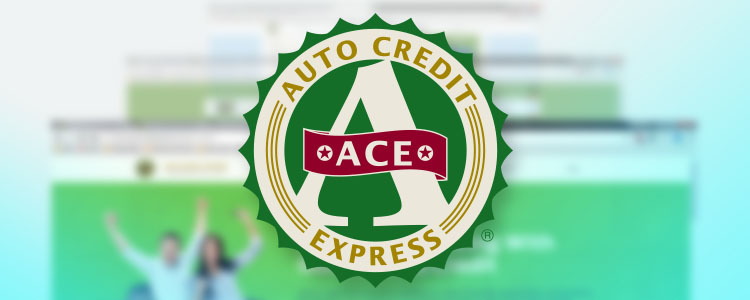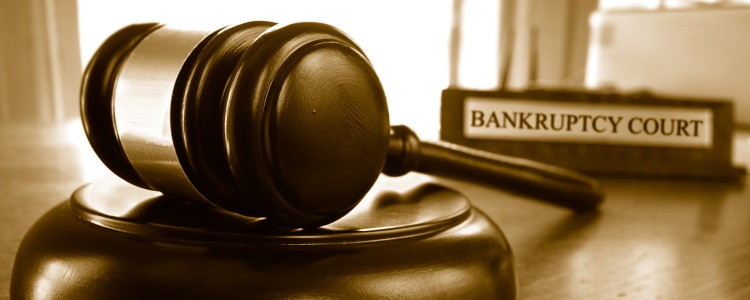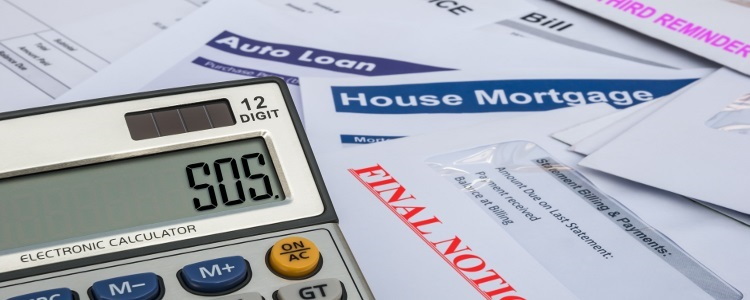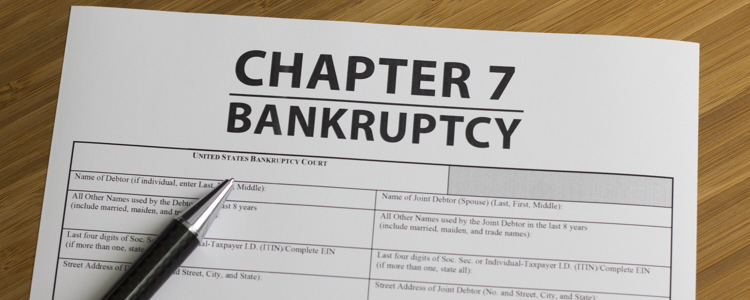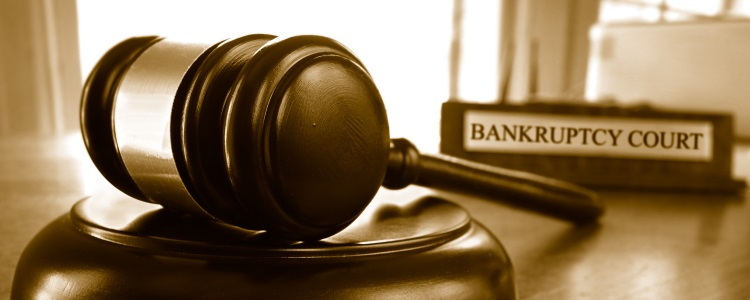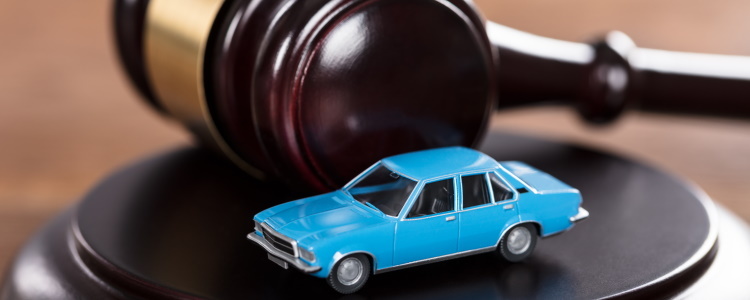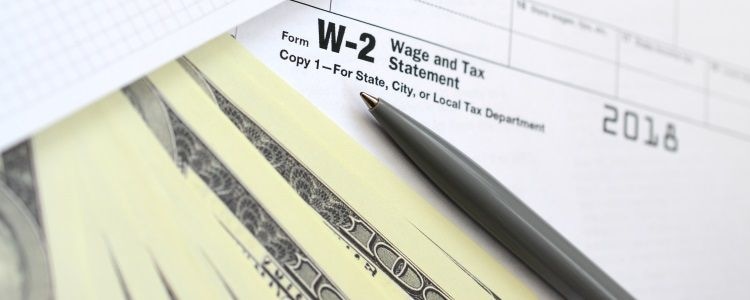To determine if a Chapter 7 bankruptcy is the right choice for you, you’ll have to answer some questions – and they deserve serious consideration.
Ask Yourself…
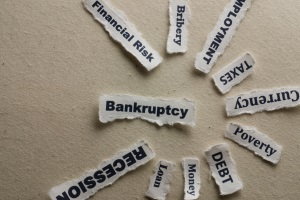 According to legal website Nolo.com, Chapter 7 bankruptcy isn’t right for everyone. Before you file, ask yourself these questions to see if Chapter 7 is right for you:
According to legal website Nolo.com, Chapter 7 bankruptcy isn’t right for everyone. Before you file, ask yourself these questions to see if Chapter 7 is right for you:
- Can creditors legally take your property or garnish your income if you don’t file bankruptcy?
- If you do file Chapter 7, will it erase enough debt to be worthwhile?
- Is there property you really want to keep, but won’t be able to if you file?
What Do Your Answers Reveal?
Depending on your answers, you might find that Chapter 7 is a good choice, or that it won’t work for you.
Are You Judgment Proof?
In answering the first question, you may find that you’re “judgment proof”, meaning creditors can’t take your income or property. In this case, filing a Chapter 7 bankruptcy won’t be necessary to protect your wages or property, but it may give you a fresh start.
On the other hand, if your wages can be garnished, or a creditor can get a judgment to take your non-exempt property, Chapter 7 may be the way to go. This short, three- to six-month process has the ability to cancel most, if not all, of your debts from things like credit cards and unsecured loans.
Will Bankruptcy Erase Your Debts?
Certain things aren’t eligible to be wiped out by a Chapter 7 bankruptcy. If all or most of your debt comes from these things, then filing is not the solution you’re looking for.
So, what are nondischargeable debts? Things such as:
- Court ordered alimony or child support payments.
- Student loans (unless it causes undue hardship to pay).
- Income taxes (less than three years past due).
- Debts for luxury items.
- Court ordered payments for injury or death from intoxicated driving.
How Will Your Debts Be Paid?
Finally, you need to look at what kind of property a Chapter 7 bankruptcy can take to repay your debts. If these aren’t things you’re willing to give up, you may need to look into other options, such as Chapter 13 bankruptcy.
Typically, you’ll have to give up things such as: cash, bank accounts, stocks, bonds or other investments, personal collections such as stamp or coin collections, family heirlooms, expensive musical instruments (unless they’re for your profession), and a second vehicle or home.
You’ll usually be able to keep necessities and things like a moderately priced vehicle, household appliances, a certain value of jewelry and life insurance, a pension, and personal benefits such as welfare, Social Security, and unemployment.
Need a Vehicle After Bankruptcy?
Whether you’ve determined if a Chapter 7 bankruptcy is right for you or not, you can rest assured that, no matter the outcome, Auto Credit Express is here to help you get a vehicle. We specialize in working with special finance dealers that have lending resources that can work with people during and after bankruptcy. Let us help you find a local dealer that’s right for your situation. Simply fill out our online auto loan request form to get started today.

